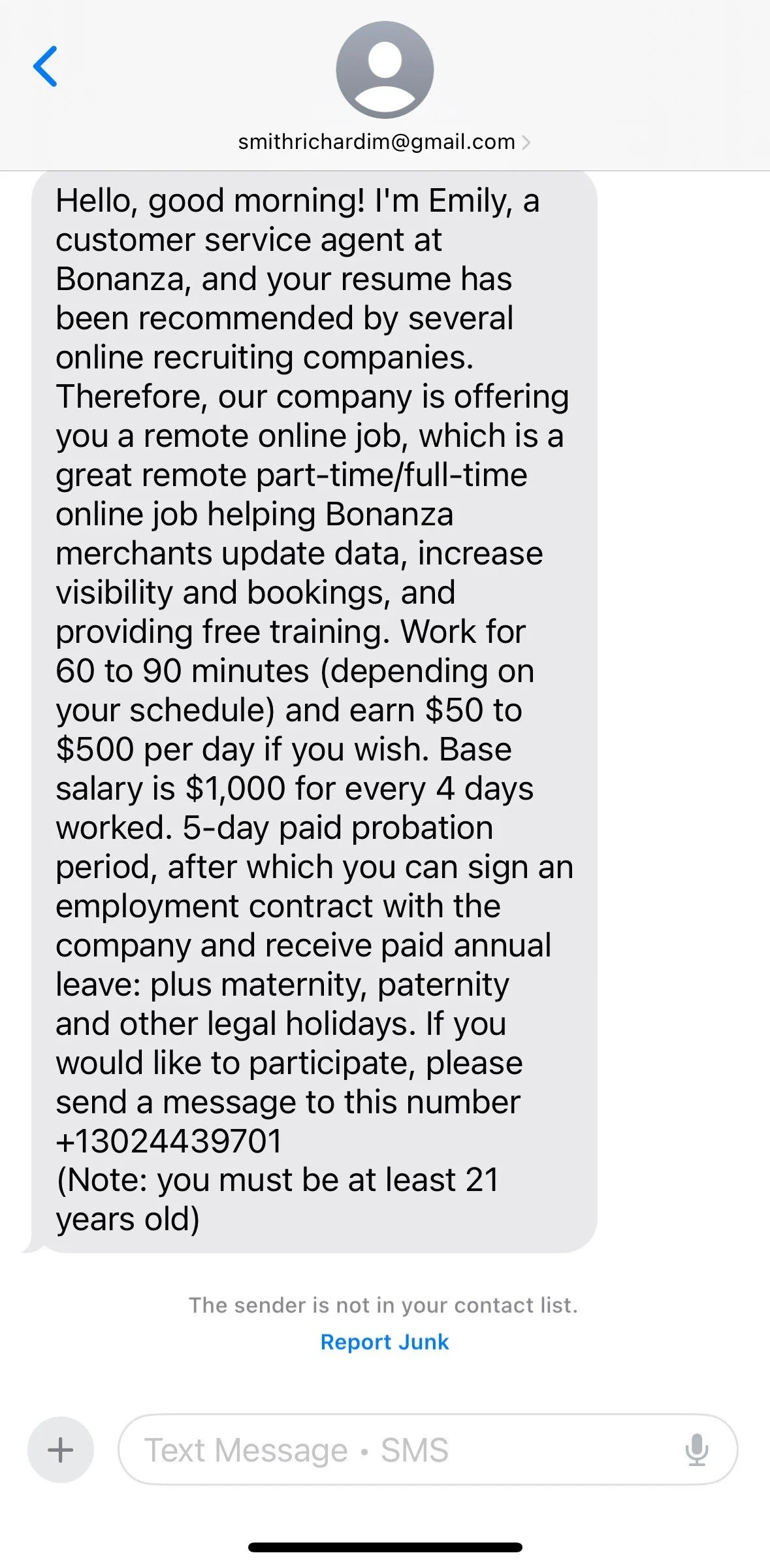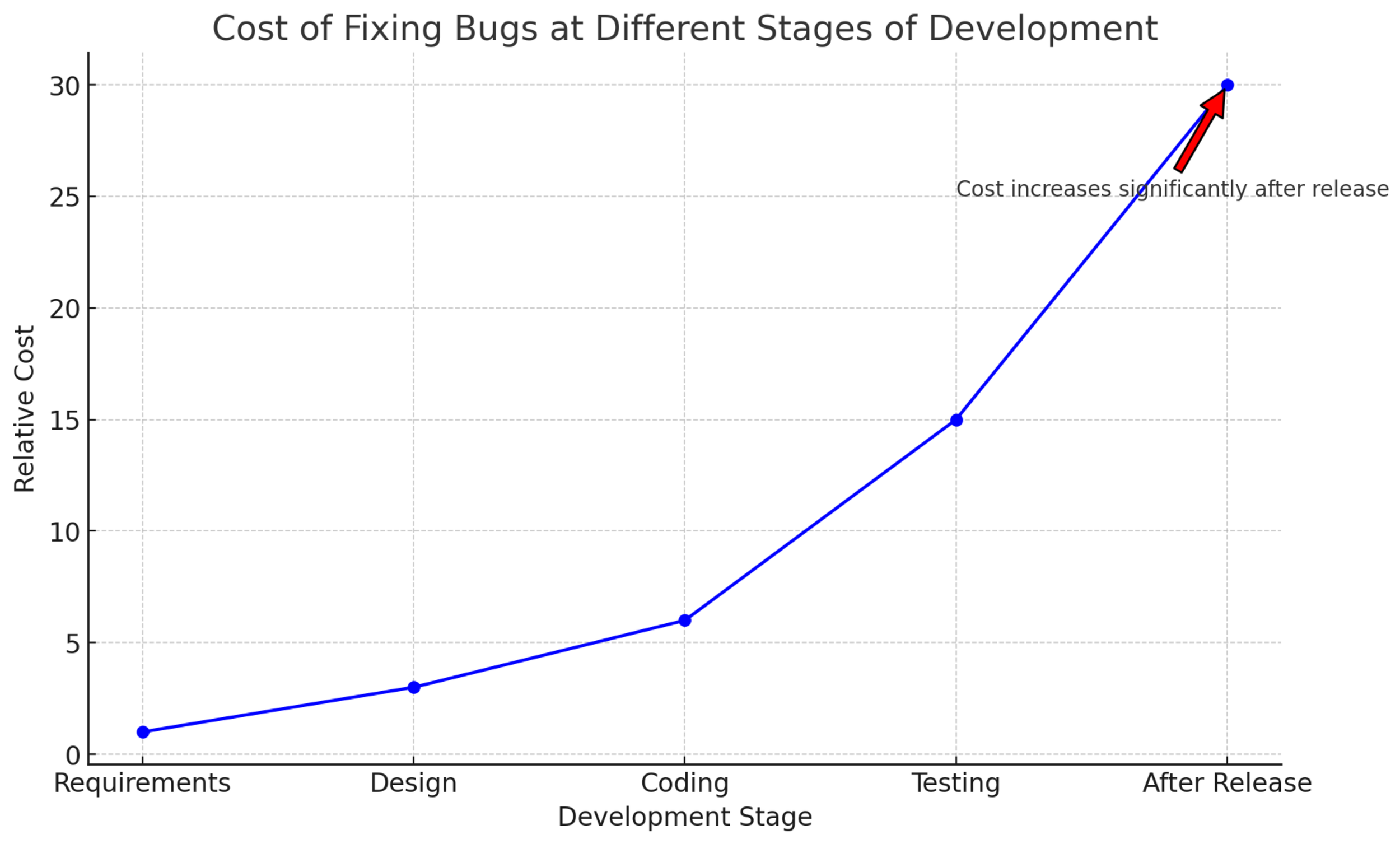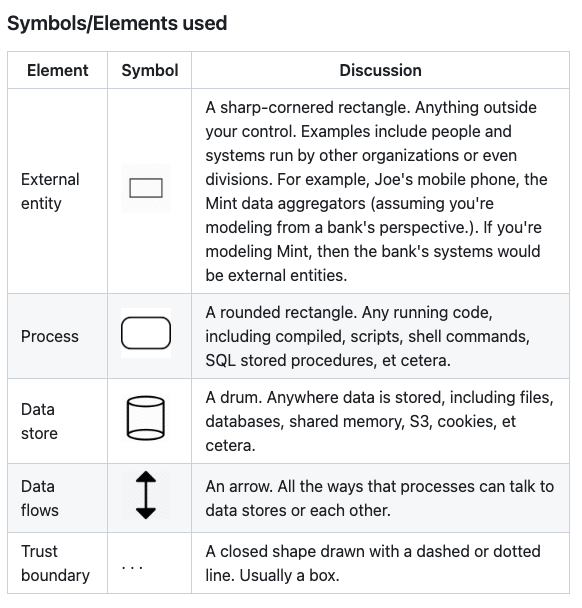Let’s face it: regulatory updates like those from the Department of Health and Human Services (DHHS) often come wrapped in a blanket of formal language that makes you wonder, What are they really saying? Enter the DHHS Angry Translator, here to break it down and tell it like it is. Like the recently introduced CISA Angry Translator, the DHHS Angry Translator, Hank, has a no-nonsense take on the proposed changes to the HIPAA Security Rule—because sometimes, you need a little fire to get the message across.
Created with help from ChatGPT
DHHS Says:
"Covered entities and business associates must adopt reasonable and appropriate administrative, physical, and technical safeguards to protect the confidentiality, integrity, and availability of ePHI."
Hank:
"Look, people! You’re handling sensitive health information here—stop treating it like a casual to-do list. Lock it down! If you wouldn’t leave patient records lying around in a coffee shop, don’t let your servers be a free-for-all!"
DHHS Says:
"We propose clarifying the definition of 'security incident' to ensure timely identification and response to unauthorized access, use, or disclosure of ePHI."
Hank:
"Translation: Stop pretending you didn’t notice the breach. When someone jiggles the doorknob, that’s your cue to ACT, not wait for the whole door to come down!"
DHHS Says:
"Entities must perform regular risk assessments to identify vulnerabilities and implement measures to mitigate those risks effectively."
Hank:
"Let me break it down for you: Take a good, hard look at your systems. If you see a crack, fix it! Don’t wait for a cybercriminal to make it a canyon!"
DHHS Says:
"The proposed changes aim to enhance accountability and transparency in managing ePHI security."
Hank:
"Translation: If you mess up, we’re coming for you. There’s no hiding anymore. Either you get your house in order, or we’ll do it for you—with penalties."
DHHS Says:
"We propose revisions to the administrative safeguards, emphasizing the necessity of documented policies and procedures for incident response and risk management."
Hank:
"Y’all need to WRITE THIS DOWN! A half-baked plan in someone’s head doesn’t cut it. If a breach happens and your response is ‘Uh... what now?’—you’re already toast!"
DHHS Says:
"The proposal includes requirements to integrate continuous monitoring into risk management practices for ePHI security."
Hank:
"‘Continuous monitoring’ means don’t just check your security once a year like it’s a New Year’s resolution. Stay on top of it! Hackers aren’t taking vacations—they’re coming for you every day!"
DHHS Says:
"Entities must evaluate their use of encryption to ensure ePHI remains secure during transmission and storage."
Hank:
"If your data isn’t encrypted, it’s like sending patient records via postcard: everyone can see it! Encrypt. Everything. Period."
DHHS Says:
"We are revising technical safeguard requirements to account for emerging technologies and new cybersecurity threats."
Hank:
"Translation: If you’re still using security from the early 2000s, it’s time for an upgrade. Hackers have moved on, and so should you!"
DHHS Says:
"Workforce training should address phishing attacks, unauthorized device use, and secure access to ePHI."
Hank:
"Teach your people that clicking shady links isn’t just a bad idea—it’s a disaster waiting to happen. Also, tell them to stop using their cousin’s unsecured iPad for work!"
DHHS Says:
"The proposed changes highlight accountability mechanisms for business associates handling ePHI."
Angry Translator:
"Listen up, third parties: If you’re touching ePHI, you’re on the hook too. No more pointing fingers when things go wrong. Handle the data like it’s your grandma’s—or get burned!"
DHHS Says:
"Periodic evaluations of safeguards will ensure compliance with evolving security standards."
Angry Translator:
"‘Periodic evaluations’ means you don’t just set it and forget it. Check your defenses regularly, or you’ll be picking up the pieces after the next attack!"
Final Note from the Angry Translator:
"This proposal isn’t just about checking boxes—it’s about protecting people. If your security plan is older than your favorite streaming service, fix it. Now. Because when things go wrong, it’s not just your reputation on the line—it’s patients’ trust and safety too."
The commenting period for the HIPAA Security Rule Draft is open until March 7, 2025. If you’re at a healthcare organization make sure to consume it and submit your public comments. I am currently doing a deep dive on the proposal and will have thoughts in a future blog post.

























